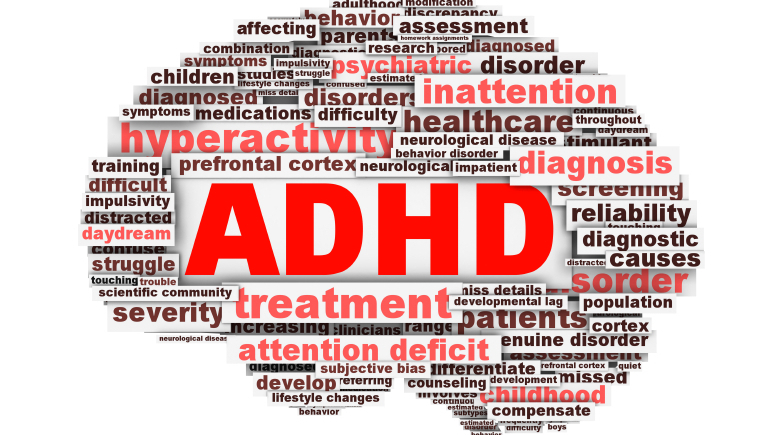According to the U.S. Centers for Disease Control and Prevention, 6.1 million children have been diagnosed with attention deficit hyperactivity disorder (ADHD) as of 2016. Symptoms of ADHD include trouble concentrating, paying attention, staying organized and remembering details. Melissa Furlong, PhD, a postdoctoral fellow and epidemiologist in the Department of Environmental Health Sciences at the University of Arizona Mel and Enid Zuckerman College of Public Health, will study the link between prenatal and childhood pesticides and childhood ADHD. Findings from this research will provide some of the first estimates of the association between prenatal pesticide exposures and ADHD in children.
The study is funded by a $910,000, five-year career development grant from the National Institute of Environmental Health Sciences (K99ES028742). Dr. Furlong will focus on two types of pesticides widely used in agriculture, the home and gardens: organophosphates (OPs) and pyrethroids.
Environmental epidemiology is a branch of epidemiology that examines associations between environmental exposures and human health. Dr. Furlong's research examines the association between environmental contaminants and neurological disorders.
Prenatal levels of OP biomarkers have been associated with characteristic symptoms of ADHD, including deficits in working memory, social responsiveness and other indicators. Cross-sectional studies also have shown that children with ADHD, and higher levels of ADHD behaviors, have higher levels of pyrethroid metabolites.
Source: News Medical Life Sciences, 29 April 2019
https://www.news-medical.net/news/20190429/Researchers-to-study-link-be…

- Login om te reageren
